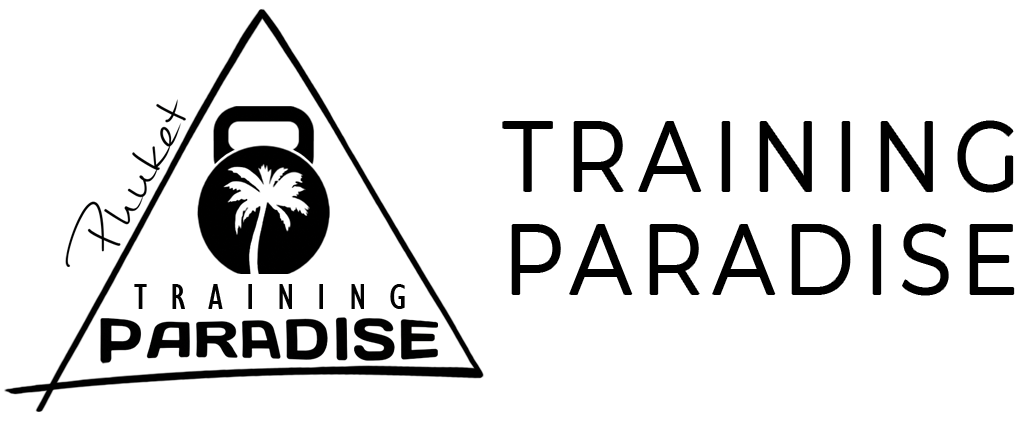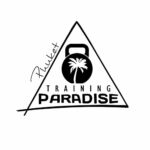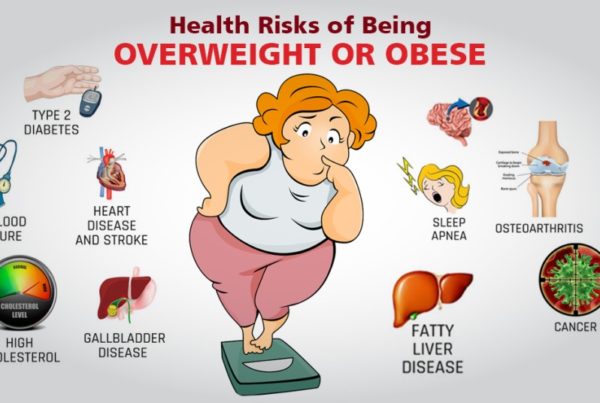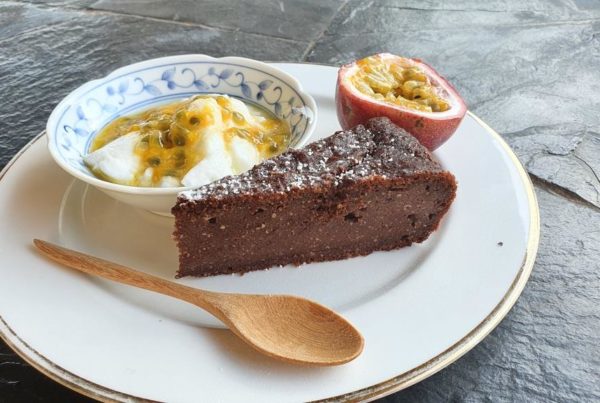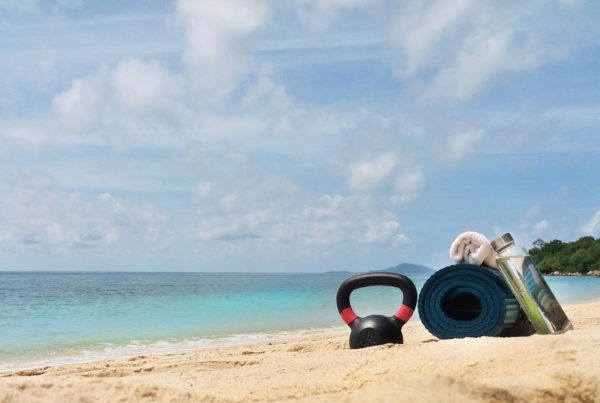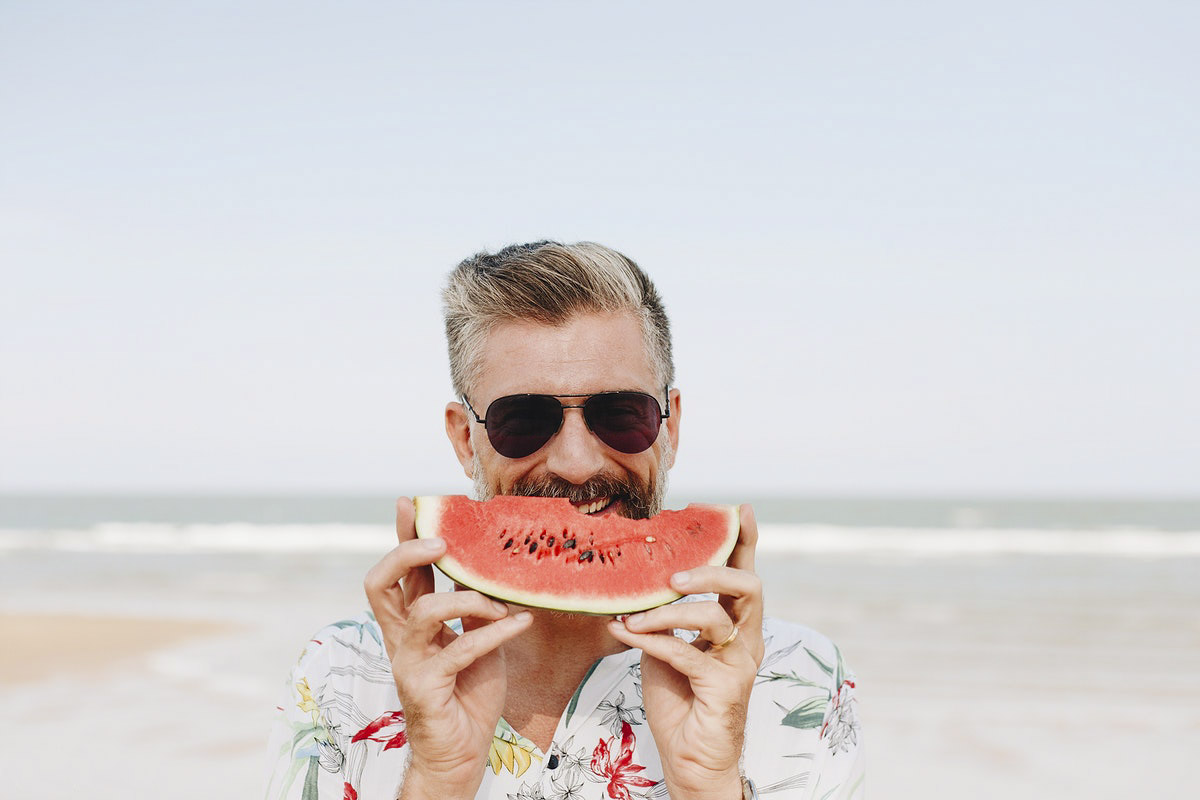
In these times of health crisis, as the coronavirus is killing more and more people around the world, we all wonder whether our immune system will be strong enough to protect us if we become infected. And so, we are all searching for the super food or the miracle tablet that will boost our immunity.
I could have name this article “how to boost your immune system”… but I didn’t!
Indeed, no study has proven that we can improve in a short amount of time our immune system, that said, we can make it stronger if we follow some science based recommendations all year long.
Let’s see together what we can do in our daily life to maintain an efficient immune system.
THE IMMUNE SYSTEM
As everyone knows, the immune system is responsible for protecting the body from foreign and dangerous invaders. These invaders can be microorganisms usually called germs (such as bacteria viruses, or fungi), parasites (such as worms), but also cancer cells that we might develop, and transplanted organs and tissues.
That’s not all, like most of the mechanisms regulating the human body, the immune system is a complex system that is also involved in many aspects of physiological regulation in the body such as the endocrine and the nervous systems.
There are two major subsystems of the immune system: the innate immune system and the adaptive immune system. Both systems work together to fight against invaders.
The innate immunity, acts regardless of the type of disease it fights. It is the first line of defence against infection. Innate immunity cells include macrophages and neutrophils among others; these cells perform phagocytosis, i.e. they destroy foreign bodies in a non-specific way.
The adaptive immune system involves specialized cells called lymphocytes. There are two classes of lymphocytes:
- B-lymphocytes: They are responsible for the production of antibodies. When they encounter an infectious agent, they produce specific antibodies against it. These antibodies are proteins capable of binding to foreign proteins and destroying the pathogen. They are also called immunoglobulins;
- T-lymphocytes: They can directly destroy foreign particles. They are produced in the thymus.
T and B lymphocytes retain the memory of a pathogen. If this agent re-infects the organism, the response will be much faster. It is this property of the immune system on which vaccines are based.
Like most of the mechanisms regulating the human body, the immune system is a complex but fragile system therefore, it is very important to understand its regulation to make it stronger and reduce significantly the risk of disease.
REGULATION OF THE IMMUNE SYSTEM
It has long been known that with age or illness, immunity weakens and the body becomes more vulnerable to infection. Infections often become more frequent and more severe. A common flu can then develop into pneumonia and be fatal.
That said, it is also important to note that some apparently healthy adults with normal amounts of immune cells (based on blood tests) often develop infections such as colds and gastroenteritis. On the contrary, under similar conditions, others are more resistant to them. The difference is mainly in lifestyle habits.
Indeed, there is considerable evidence from epidemiological studies (see references) that diet, sleep, physical activity, stress levels, quality of relationships and living environment all influence the quality of the immune response.
- Nutrition and Diet
Over nutrition is associated with diseases such as diabetes and obesity, which are known to affect immune function. Certain specific trace mineral and nutrient deficiencies, can also compromise the immune response: the lack of vitamin D and protein are the most common deficiencies that will impact the immunity.
- Physical activity
Acute exercise (moderate-to-vigorous intensity, less than 60 min) is now viewed as an important immune system adjuvant (Enhances vaccination responses, lowers numbers of exhausted/senescent T cells, increases T-cell proliferative capacity, lowers circulatory levels of inflammatory cytokines, increases neutrophil phagocytic activity, lowers inflammatory response to bacterial challenge…).
- Sleep
Many studies show the important role of sleep in the immune system and anti-inflammatory regulations. Sleep deprivation will result in lower antibody production, and a lower immune response than would be noted in a well-rested individual.
- General well-being and stress
Of course, stress alone cannot cause us to catch a cold or flu virus. However, dozens of studies have shown it weakens the immune system’s ability to fight off the enemy and makes its victims more prone to infection. Stress also slows down recovery, precisely because it takes up so much of the immune system’s resources.
The close link between personal relationships and immune function is also one of the most robust findings in the psychoneuroimmunology literature (Kiecolt-Glaser et al., 2002; Kiecolt-Glaser and Newton, 2001). In the past decade researchers have focused considerable attention on inflammation, one aspect of immune function, because of the growing evidence that inflammation is central to many diseases.
WHAT TO DO TO HAVE A STRONG IMMUNE SYSTEM
Don’t be overweight! Make sure to maintain a healthy body weight and if need be, start a diet (calorie control based) to lose the unhealthy fat excess.
Eat enough protein. The right amount of daily protein intake is about 1g per kilo of body weight and a bit more (1.2g – 1.3g) if you exercise regularly. If you are 70kg and train 3 to 4 times per week, you will then need to eat about 84g to 91g of protein per day.
Increase your Vitamin D level. Needs are difficult to assess because they vary with the degree of sun exposure and the degree of skin pigmentation. They are theoretically nil if the body’s exposure to the sun is sufficient. Vitamin D intake is necessary in countries with little sunshine or in winter. For example, in France, the sunshine between November and March is not sufficient for vitamin D synthesis. It is therefore important to have a diet that provides sufficient vitamin D. Our body can store vitamin D (in the liver) and an adult needs about 5µg/day, therefore we can eat food like oily fish 3 to 4 times per week: for example 100g of salmon will provide 13µg, sardine 14µg and 10g of cod liver oil 25µg.
Get enough good quality sleep.
The following tips will keep your circadian rhythm healthy and improve night-time sleep quality and duration:
- Increase the natural sunlight or bright light during the day;
- Reduce blue light exposure in the evening;
- Avoid caffeine after 17:00;
- Try to sleep and wake at consistent times.
Destress and be positive
In our article “10 tips to destress and disconnect your mind” we have described how some techniques and methods like Yoga and meditation amongst others, have proven their efficiency in significantly reducing stress level and health in general.
Thus, health and immunity are closely linked:
taking care of one’s health on a daily basis improves immunity and vice versa.
Serge Fontrier
REFERENCES
Krueger JM, Majde JA (May 2003). “Humoral links between sleep and the immune system: research issues”. Annals of the New York Academy of Sciences. 992 (1): 9–20.
Majde JA, Krueger JM (December 2005). “Links between the innate immune system and sleep”. The Journal of Allergy and Clinical Immunology. 116 (6): 1188–98.
Besedovsky L, Lange T, Born J (January 2012). “Sleep and immune function”. Pflügers Archiv. 463 (1): 121–37.
Archived from the original on 9 May 2014, “Can Better Sleep Mean Catching fewer Colds?” Retrieved 28 April 2014.
R.M. Suskind, C.L. Lachney, J.N. Udall, Jr., “Malnutrition and the Immune Response”, in: Dairy products in human health and nutrition, M. Serrano-Ríos, ed., CRC Press, 1994.
Pond CM (July 2005). “Adipose tissue and the immune system”. Prostaglandins, Leukotrienes, and Essential Fatty Acids. 73 (1): 17–30.
Langley-Evans SC, Carrington LJ (2006), “Diet and the developing immune system”. Lupus. 15 (11): 746–52.
Von Essen MR, Kongsbak M, Schjerling P, Olgaard K, Odum N, Geisler C (April 2010). “Vitamin D controls T cell antigen receptor signalling and activation of human T cells”. Nature Immunology. 11 (4): 344–49.
Roy J. Shephard, / Pang N. Shek, “Impact of Physical Activity and Sport on the Immune System”. Published Online: 2011-05-11|DOI
R.J. Simpson, T.W. Lowder, G. Spielmann, A.B. Bigley, E.C. LaVoy, H. Kunz, “Exercise and the aging immune system”. Ageing Res Rev, 11 (2012), pp. 404-420
Abdurachman, Herawati N. “The role of psychological well-being in boosting immune response: an optimal effort for tackling infection”. Afr J Infect Dis. 2018; 12(1 Suppl): 54–61. Published 2018 Mar 7. Doi|10.
Janice K. Kiecolt-Glasera, b, c, Jean-Philippe Gouinb,c, and Liisa Hantsoob, “Close Relationships, Inflammation, and Health”, Department of Psychiatry, The Ohio State University College of Medicine, USA. Published in final edited form as: Neurosci Biobehav Rev. 2010 September.
Edwards, K.M., Burns V.E., Reynolds, T., Carroll, D., Drayson, M., & Ring, C. (2006), “Acute stress exposure prior to influenza vaccination enhances antibody response in women”. Brain, Behavior, and Immunity, 20:159-68.
Kiecolt-Glaser, J. K., McGuire, L., Robles, T., & Glaser, R. (2002). “Psychological influences on immune function and health”. Psychoneuroimmunology: Journal of Consulting and Clinical Psychology, 70, 537-547.
Segerstrom, S. C. and Miller, G. E. (2004). “Psychological Stress and the Human Immune System: A Meta-Analytic Study of 30 Years of Inquiry”. Psychological Bulletin, Vol. 130, No. 4.
